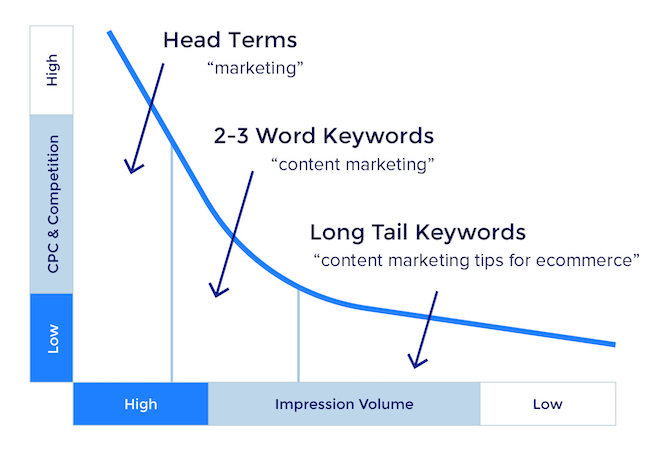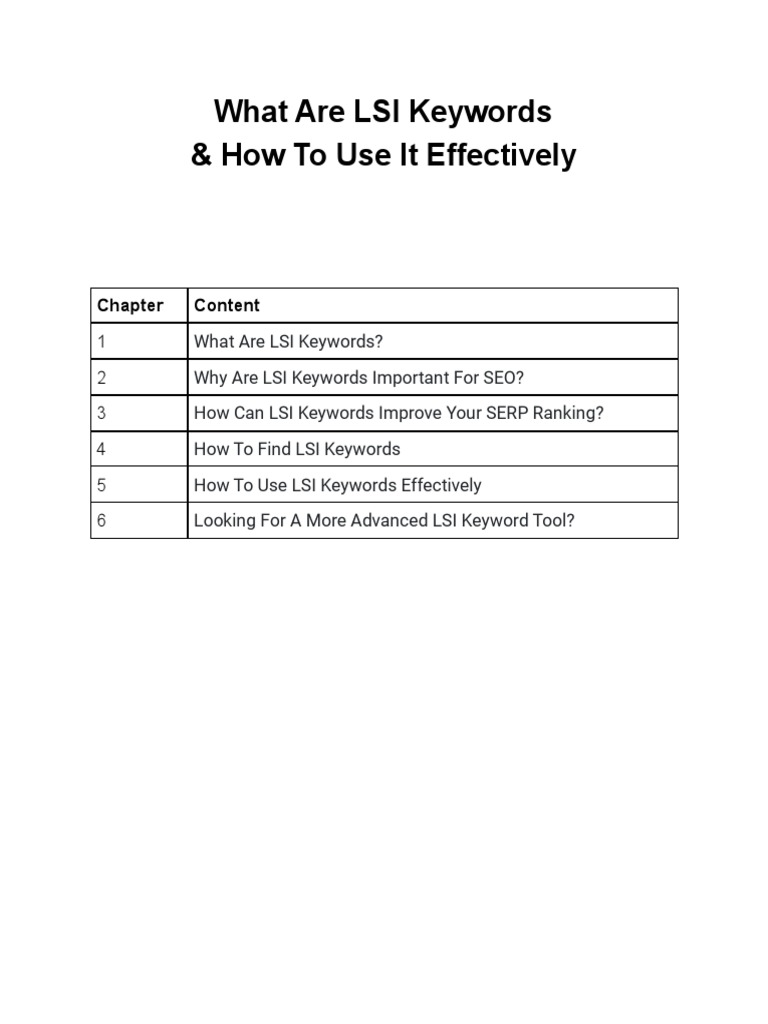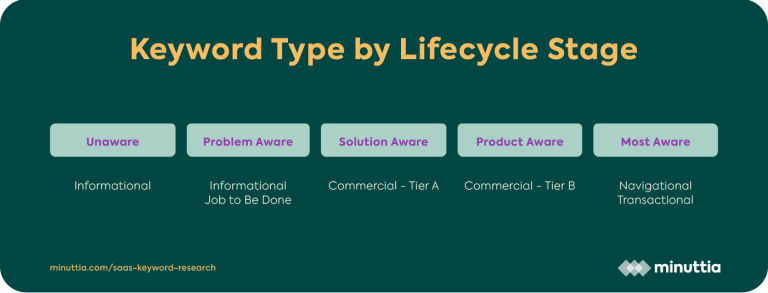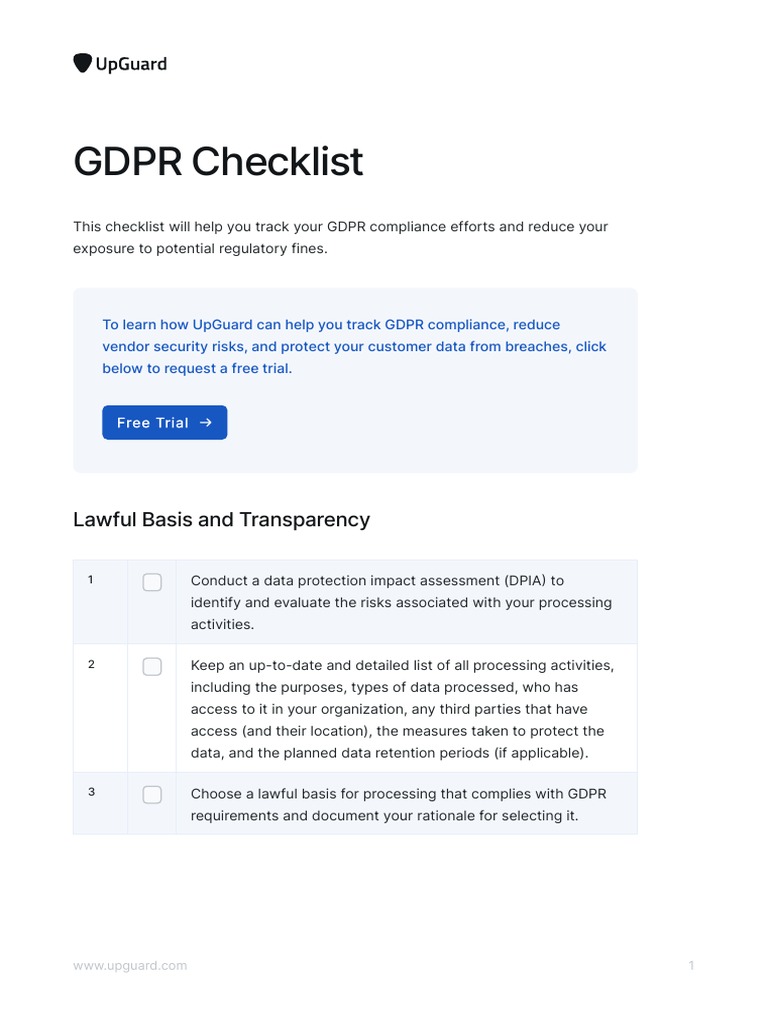
In today’s digital landscape, search engine optimization (SEO) is a crucial component of any successful online strategy. At the heart of SEO lies SEO keywords—the terms and phrases users type into search engines when looking for information, products, or services. These keywords act as the bridge between your content and your target audience, making them essential for driving traffic, improving visibility, and achieving long-term success.
This guide will walk you through everything you need to know about finding and using the best SEO keywords. Whether you’re a beginner or an experienced marketer, this article will provide actionable insights to help you optimize your content for maximum impact.
What Are SEO Keywords?
SEO keywords are specific words or phrases that users enter into search engines like Google. These terms represent the intent behind a user’s query and are used by search engines to determine which web pages should appear in the results.
For example:
– A user searching for “best running shoes” has transactional intent.
– Someone typing “how to start a blog” is likely seeking informational content.
– A person looking for “Facebook login” is navigating to a specific website.
Understanding the different types of keywords and how they align with user intent is key to creating content that resonates with your audience and ranks well on search engines.
Why SEO Keywords Still Matter in 2025
Even in 2025, SEO keywords remain a cornerstone of effective digital marketing. They help users discover your brand, drive organic traffic, and improve your site’s visibility on both traditional search engines and AI-powered platforms like ChatGPT.
Here are some reasons why SEO keywords are still important:
1. They Help Users Find Your Content
Keywords are the language of search. When your content includes the right keywords, it becomes more likely to appear in search results, making it easier for users to find what they’re looking for.
2. They Improve Visibility on AI Platforms
AI chatbots like ChatGPT are increasingly being used to answer user queries. Pages that rank for relevant keywords are more likely to be cited by these platforms, increasing your brand’s exposure and credibility.
3. They Drive Qualified Traffic
By targeting the right keywords, you attract users who are actively searching for what you offer. This increases the chances of conversion, whether it’s making a purchase, signing up for a newsletter, or engaging with your content.
Types of SEO Keywords and How to Use Them

There are four main types of SEO keywords, each serving a different purpose based on user intent. Understanding these types will help you create content that aligns with what your audience is searching for.
1. Informational Keywords
These are used by users who want to learn something. Examples include:
– “What is blockchain?”
– “How to change a tire”
– “History of the internet”
Use these keywords to create educational content such as guides, tutorials, and explainers.
2. Navigational Keywords
These are used by users who are looking for a specific website or brand. Examples include:
– “Facebook login”
– “YouTube homepage”
– “Amazon customer service”
Use these keywords to improve your site’s visibility for branded searches and ensure users can easily navigate to your page.
3. Commercial Investigation Keywords
These are used by users who are researching a product or service before making a purchase. Examples include:
– “Best laptops for students”
– “Top-rated fitness trackers”
– “Best budget smartphones”
Use these keywords to create comparison articles, reviews, and buying guides that help users make informed decisions.
4. Transactional Keywords
These are used by users who are ready to make a purchase. Examples include:
– “Buy iPhone 15”
– “Order pizza online”
– “Sign up for Netflix”
Use these keywords to create landing pages, product pages, and checkout flows that encourage conversions.
How to Find High-Value SEO Keywords

Finding the right SEO keywords requires a combination of research, analysis, and strategy. Here are some proven methods to help you identify high-value keywords:
1. Use an SEO Keyword Research Tool
Tools like Semrush’s Keyword Magic Tool, Ahrefs, and Ubersuggest allow you to discover keyword ideas at scale. These tools provide metrics like search volume, keyword difficulty, and potential traffic, helping you prioritize the most valuable keywords.
2. Analyze Competitor Keywords
Look at what your competitors are ranking for and identify opportunities to target similar keywords. Tools like Keyword Gap and Ahrefs Site Explorer can help you uncover keywords your competitors are using but you aren’t.
3. Leverage Google’s Autocomplete and People Also Ask
Google’s autocomplete feature provides real-time suggestions based on popular searches. Similarly, the “People Also Ask” section offers insights into related questions users are asking. These can help you identify long-tail keywords and content gaps.
4. Check Search Trends
Use tools like Google Trends to see how search volume for certain keywords changes over time. This helps you identify seasonal trends and adjust your strategy accordingly.
Organizing Your SEO Keywords
Once you’ve gathered a list of potential keywords, it’s important to organize them effectively. This helps you avoid keyword cannibalization and ensures your content is structured around relevant topics.
1. Create a Keyword Spreadsheet
Use a spreadsheet to track your keywords along with metrics like search volume, keyword difficulty, and content type. Add columns for page URLs and notes on where each keyword should be placed.
2. Group Keywords by Theme
Organize your keywords into categories based on shared themes or subtopics. For example, if you run a travel blog, you might group keywords under categories like “budget travel,” “luxury travel,” and “adventure travel.”
3. Prioritize Based on Value
Not all keywords are created equal. Prioritize keywords that have high search volume, low competition, and strong alignment with your business goals.
How to Use SEO Keywords in Your Content
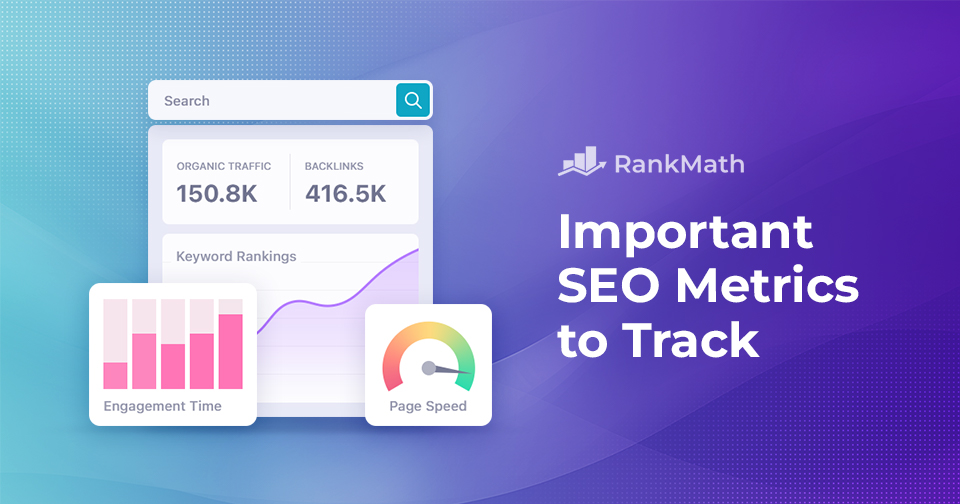
Now that you’ve identified your target keywords, it’s time to incorporate them into your content strategically. Here are some best practices:
1. Optimize Key On-Page Elements
Include your primary keyword in:
– Page title
– H1 heading
– Meta description
– URL
– First 100 words of content
Use secondary keywords in subheadings (H2, H3), image alt tags, and internal links.
2. Match Search Intent
Ensure your content aligns with the intent behind each keyword. For example, if a user is searching for “how to fix a leaky faucet,” your content should provide a step-by-step guide rather than just a list of products.
3. Avoid Keyword Stuffing
Using keywords naturally within context is key. Avoid overusing them in a way that feels forced or disrupts readability.
4. Update Content Regularly
Search trends and user intent evolve over time. Regularly review and update your content to ensure it remains relevant and optimized for current search behavior.
SEO Keyword Performance Metrics to Track
To measure the effectiveness of your SEO keyword strategy, track the following metrics:
1. Search Visibility
Monitor your rankings and presence in SERP features like AI Overviews and featured snippets.
2. Impressions
Track how often your content appears in search results for your target keywords.
3. Clicks
Measure the number of clicks your content receives from search results.
4. Organic Traffic
Use Google Analytics to track the number of visitors coming from search engines.
5. AI Search Visibility
Track how often your content is cited by AI chatbots like ChatGPT.
Final Tips for Effective SEO Keyword Strategy
To wrap up, here are some final tips to help you maximize the impact of your SEO keywords:
- Start with seed keywords and expand using tools like Google autocomplete and competitor analysis.
- Balance short-tail and long-tail keywords to cover both broad and specific search queries.
- Use branded and non-branded keywords depending on your content type and audience intent.
- Regularly audit and update your content to stay aligned with changing search trends.
- Leverage SEO tools like Surfer’s Content Editor and Topical Map to streamline your keyword research and content optimization.
Conclusion
SEO keywords are the foundation of any successful digital marketing strategy. By understanding the different types of keywords, conducting thorough research, and optimizing your content for search intent, you can significantly improve your site’s visibility and attract qualified traffic.
Remember, SEO is an ongoing process that requires continuous refinement. Stay updated on industry trends, experiment with new strategies, and always focus on delivering value to your audience.
With the right approach, you’ll not only rank higher on search engines but also build a loyal audience that trusts and engages with your brand. Start implementing these strategies today and watch your online presence grow.

